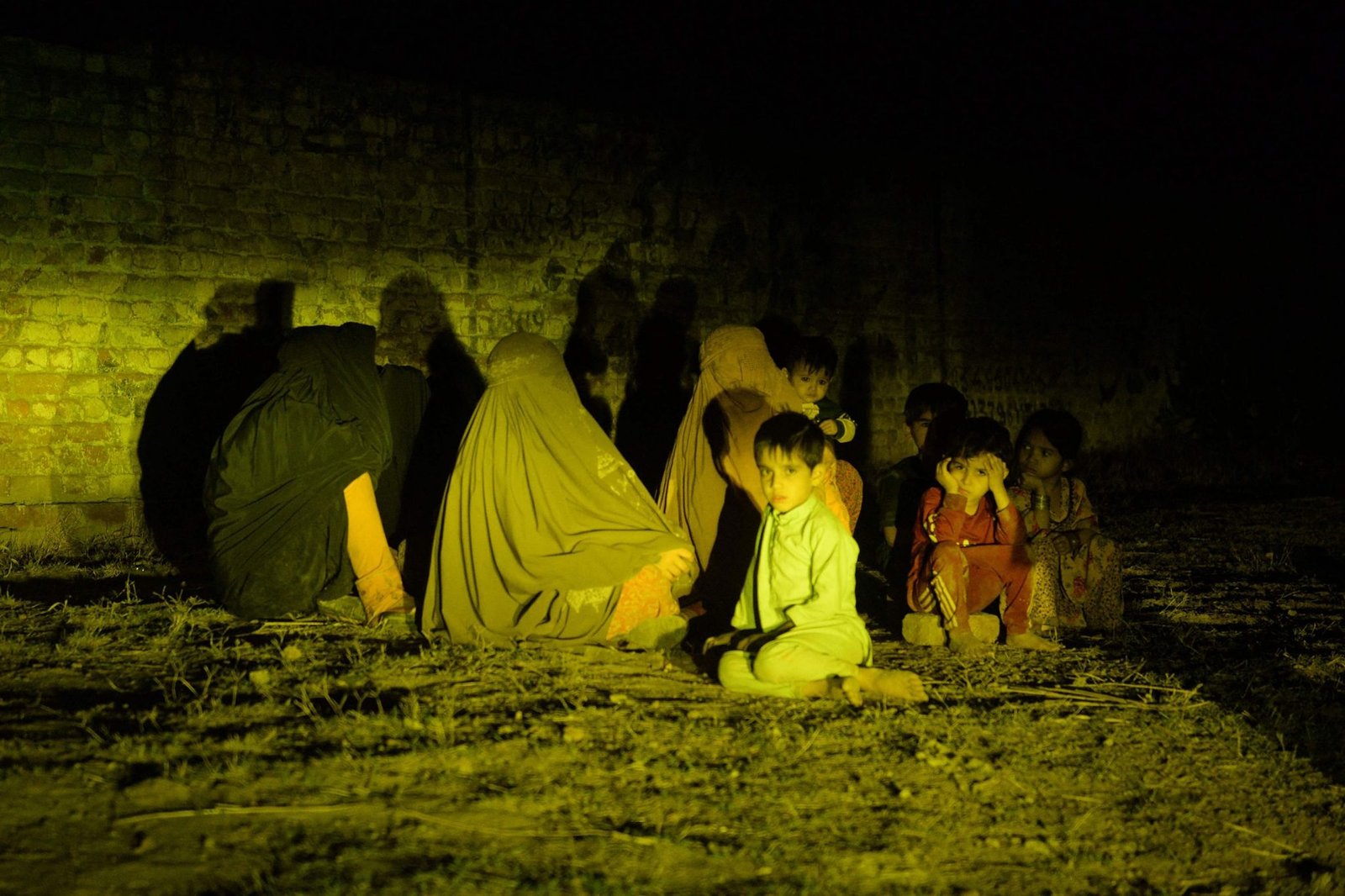15 days after the Pahalgam attack, India launched Operation Sindoor, striking terrorist hideouts in Pakistan and Pakistan-occupied Kashmir.
Why Did India Launch Operation Sindoor?
On 22 April 2025, a brutal terror attack rocked Pahalgam, Jammu & Kashmir, killing 26 tourists—including one Nepali citizen. India swiftly blamed Pakistan-based groups for orchestrating the attack and violating the ceasefire agreement along the Line of Control (LoC).
On 7 May 2025, the Indian government officially launched Operation Sindoor, a series of precision missile strikes targeting alleged terror camps inside Pakistan and Pakistan-occupied Kashmir (PoK).
“This operation targeted terrorist structures in Pakistan and Pakistan-occupied Kashmir, from where terrorist attacks on India were planned and executed,” the Indian Army said in its official statement.
According to The Bhaskar, airstrikes hit multiple locations including:
-
Muzaffarabad
-
Bagh
-
Gulpur
-
Kotli
-
Bhimber
-
Sialkot
-
Muridke
-
Chak Amru
-
Bahawalpur
At least 30 terrorists were reportedly killed in these strikes.
Pakistan’s Reaction: Civilian Casualties Alleged
Pakistan’s Prime Minister Shahbaz Sharif condemned the strikes, calling them an “act of war.” He alleged that five Pakistani locations were attacked and that civilian areas, not terrorist hideouts, were hit.
“India has cowardly attacked five places in Pakistan. Pakistan has every right to give a strong reply to this act of war and it is being given a befitting reply,” Sharif posted on X (formerly Twitter).
Defense Minister Khawaja Asif further stated:
“Two mosques were attacked, and both a woman and a child were martyred. I invite the international media to verify that these were civilian settlements, not terrorist camps.”
Eyewitness Accounts: Fear on the Ground
Residents of Muzaffarabad and surrounding regions described the chaos:
-
Shahnawaz, a local resident, told BBC:
“We were fast asleep when the explosions started. Our families are outside now, searching for safe places.”
-
Mohammad Wahid, near Bilal Mosque, said:
“Three more missiles fell shortly after the first, spreading terror everywhere. Dozens of people were injured.”
International Reaction: US and UN Urge Restraint
The United States and the United Nations swiftly responded, urging both nations to de-escalate.
US President Donald Trump said:
“We just found out about this. I just want this to end. It’s a shame. Let this fighting end soon.”
A UN spokesperson for Secretary-General Antonio Guterres called for maximum restraint:
“The world cannot afford to risk another India-Pakistan military confrontation.”
For context on past India-Pakistan tensions, see India-Pakistan Conflicts: A Timeline (BBC)
What’s Next for India-Pakistan Relations?
With both sides standing firm, the risk of further escalation is high. India remains committed to retaliating against cross-border terrorism, while Pakistan denies all allegations and vows a strong response.
The coming days will be critical to see whether diplomacy or military confrontation will shape the future of India-Pakistan relations.
Conclusion: A Call for Peace Amid Escalation
While Operation Sindoor highlights India’s determination to counter terrorism, the human cost and potential fallout of a military escalation between two nuclear-armed neighbors cannot be ignored. Global leaders continue to push for peace and restraint on both sides.

